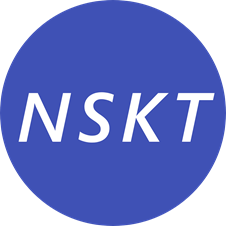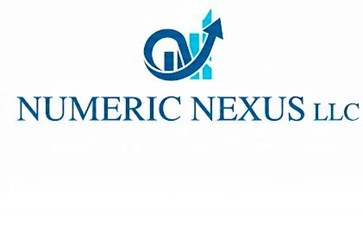A Beginner’s Guide: Understanding Your Banking Services
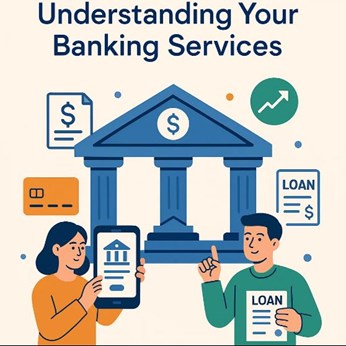
A Beginner’s Guide: Understanding Your Banking Services
If you’re new to banking or want to better understand how your bank works in 2026, this beginner’s guide is for you. Knowing your banking services not only helps you make smarter financial decisions but also empowers you to choose the right accounts and features to support your goals. Whether you live in Texas or anywhere in the U.S., these fundamentals will help you navigate banking services for beginners USA.
1. What Are Banking Services?
Banking services refer to the full range of financial products and tools that banks offer to individuals and businesses. These typically include:
- Checking accounts (for daily transactions, bill payments, debit card use)
- Savings accounts (for earning interest on deposits)
- Certificates of Deposit (CDs)
- Loans and credit lines (personal loans, auto loans, mortgages, business lines of credit)
- Online and mobile banking (digital access to your accounts, transfers, and bill pay)
- Remittance/wire transfers
- Bank services for small businesses (merchant accounts, payroll banking, business checking)
- Understanding what each of these services does is the first step for beginners to make the most of their banking.
2. Types of Bank Accounts: Which One Do You Need?
Among all the banking services, bank accounts are the most fundamental. Here’s a breakdown of common types of account offerings:
Checking Account
Ideal for everyday transactions: depositing paychecks, paying bills, using your debit card. Many checking accounts offer free checking, while others may require minimum balances or charge fees.
Savings Account
This account is meant to help money grow — interest accrues over time. While interest rates are low in many banks, savings accounts remain a safe place to store emergency funds. Often paired with online banking to enable transfers.
Certificates of Deposit (CDs)
When you lock money in for a fixed term (e.g. 6 months, 1 year, 5 years), banks often offer higher interest rates. But you can’t withdraw early without penalty in most cases.
Money Market Accounts
A hybrid between checking and savings — you may get some check-writing privileges, but with better interest rates.
For business owners or entrepreneurs, business checking and business savings accounts are part of the banking services you’ll want to use.
3. Online Banking and Mobile Banking Explained
One of the biggest changes in banking over the last decade is the rise of online banking and mobile banking apps. These digital banking services let you:
- View account balances
- Transfer funds between accounts
- Pay bills online
- Deposit checks via mobile camera
- Monitor transactions and get alerts
- Manage budgets and set saving goals
- Because convenience is king, nearly every bank now offers robust digital platforms. When choosing a bank, check their user reviews, app features, and security measures — for instance, multi-factor authentication or real-time fraud alerts.
4. How to Choose the Right Bank (and Banking Services)
When selecting a bank, here are some factors beginners should mainly consider:
- Fees & minimum balance: Some banks offer free checking accounts with no minimums; others impose monthly maintenance charges.
- Interest & APY rates: For savings accounts or CDs, a higher Annual Percentage Yield (APY) means more earnings.
- Branch & ATM access: If you prefer in-person service, check how many branches and ATMs are available near you.
- Online/mobile platform quality: The usability, features, and security of the digital interface matter a lot.
- Customer service reputation: Look at reviews, complaint histories, and third-party ratings (e.g. BBB).
- It is crucial to understand that the best bank for someone else may not be the ideal choice for you.
5. Understanding Bank Fees and Hidden Charges
Beginner banking often comes with surprises if you don’t watch the fine print. Common fees include:
- Monthly maintenance or service fees
- Overdraft fees (if you spend more than your available balance)
- ATM withdrawal fees (especially out-of-network)
- Wire transfer fees
- Minimum balance penalties
- Inactivity fees (if account is unused)
- Always read the fee schedule and ask your bank — or your financial advisor — to clarify ambiguous terms.
Conclusion: Start Banking Smart Today
As a beginner, understanding banking services is the first step to controlling your financial future. With the right checking and savings accounts, proper use of online banking tools, and awareness of fees, you can build strong financial habits from day one.
- And if you want a helping hand, Taaj Financials is a trusted partner in Lewisville, TX. They offer:
- Personalised guidance on banking services and account selection
- Cash flow planning and integration of banking into your overall financial strategy
- Services spanning estate, retirement, insurance, and college funding
- Local expertise, tailored solutions, and one-on-one support to avoid beginner pitfalls
Take your first step: open the right bank accounts, explore the digital tools, and reach out for professional support to ensure your banking foundation is solid for years to come.
Searching for Financial & Taxation Services? Let’s make your search simple with professionals!
Take your Financial & Taxation Services to the next level with Sulekha. Boost your online visibility, connect with more clients, and grow effortlessly!
Blogs Related to Financial & Taxation Services
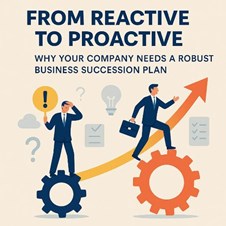
From Reactive to Proactive — Why Your Company Needs a Robust Business Succession Plan
From Reactive to Proactive: Why Your Company Needs a Robust Business Succession Plan Many business owners devote their lives to building a successful enterprise, but overlook one vital component of long-term stability: business succession planning

2026 Business Tax Planning Strategies — Navigating the New Tax Laws
Introduction As 2026 approaches, U.S. entrepreneurs and small-business owners are preparing for one of the most significant tax overhauls in recent years. With the temporary provisions of the Tax Cuts and Jobs Act (TCJA) set to expire, business tax
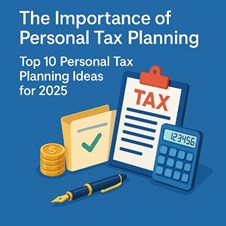
The Importance of Personal Tax Planning: Top 10 Personal Tax Planning Ideas for 2025
Why personal tax planning matters in 2025 Personal tax planning isn’t just a once-a-year chore—it’s a year-round strategy to keep more of what you earn. With shifting thresholds, evolving credits, and inflation adjustments, early planning helps you

Start Your Financial Planning Now: The Early Bird’s Advantage
Why starting early changes everything If you’ve been thinking, “I’ll get to my financial plan soon,” this is your sign to start today. Early action unlocks three powerful advantages: time in the market, compound growth, and lower stress
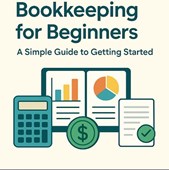
Bookkeeping for Beginners: A Simple Guide to Getting Started
Bookkeeping for Beginners: A Simple Guide to Getting Started

A Beginner’s Guide: Understanding Your Banking Services
A Beginner’s Guide: Understanding Your Banking Services
